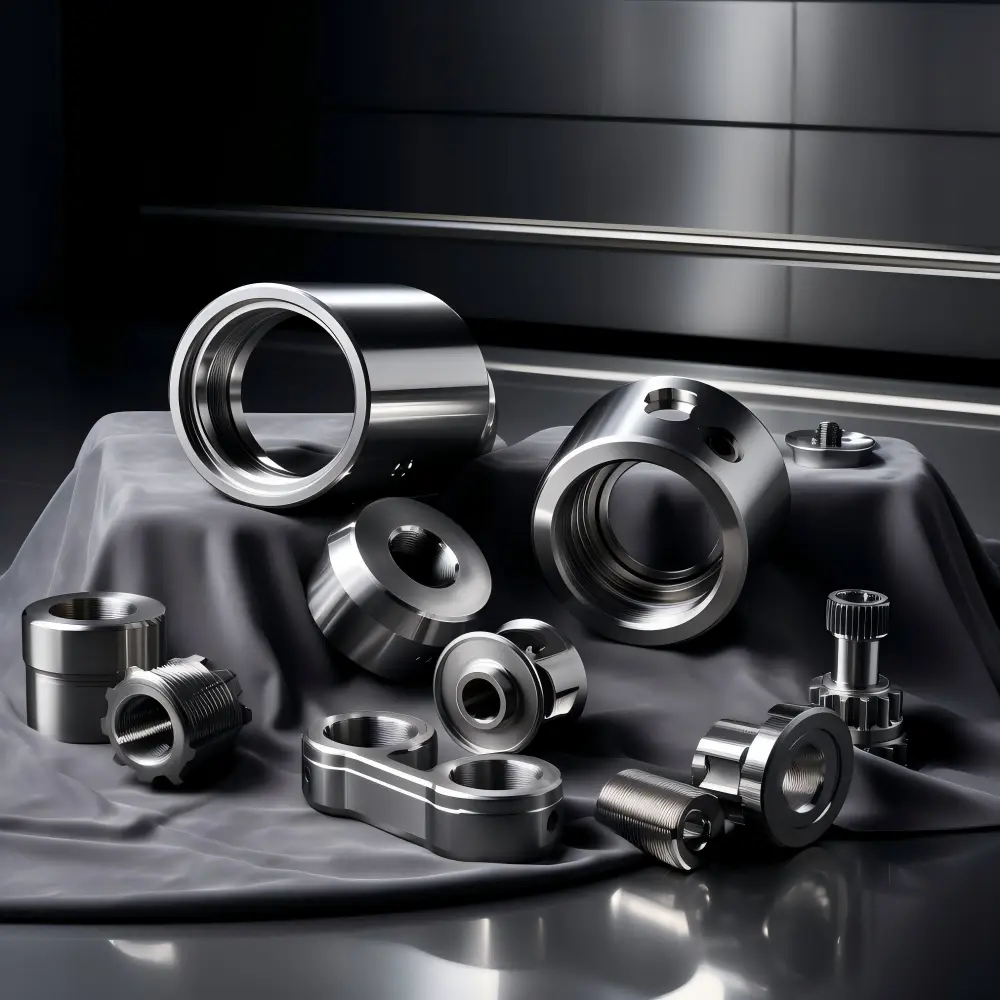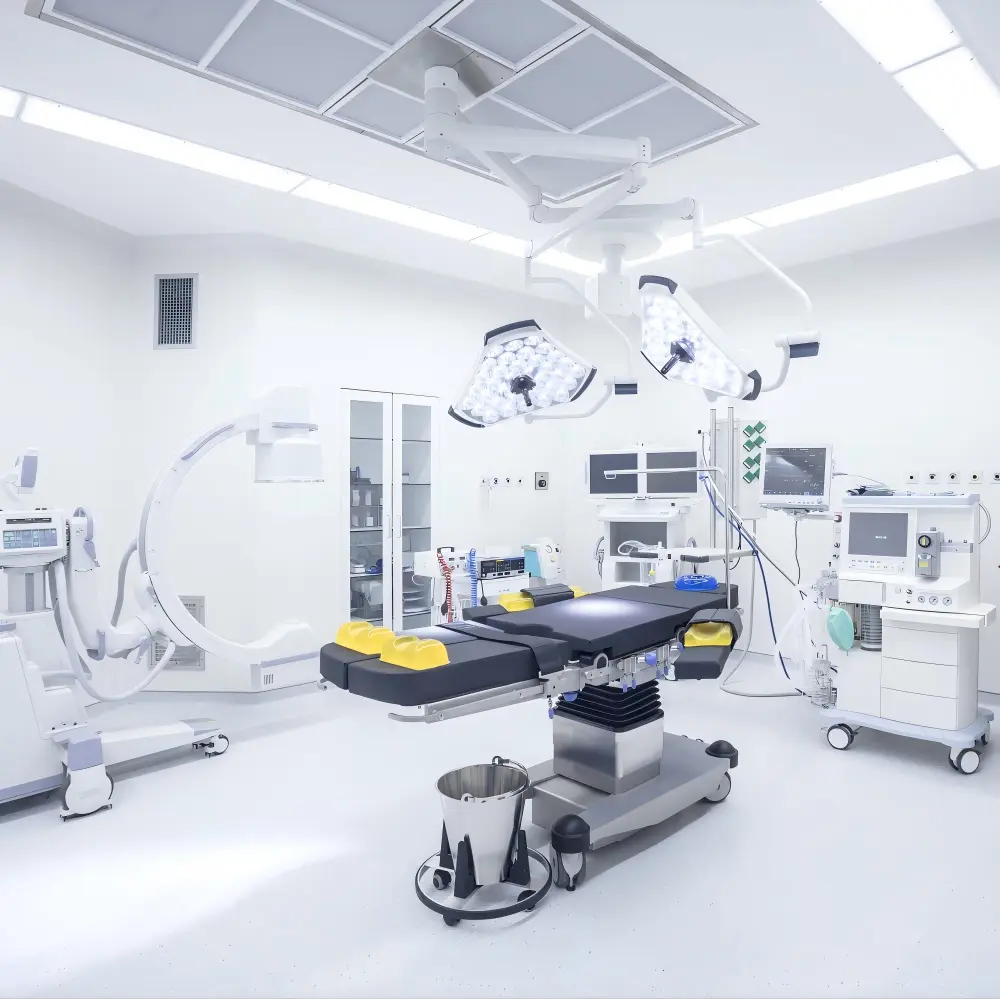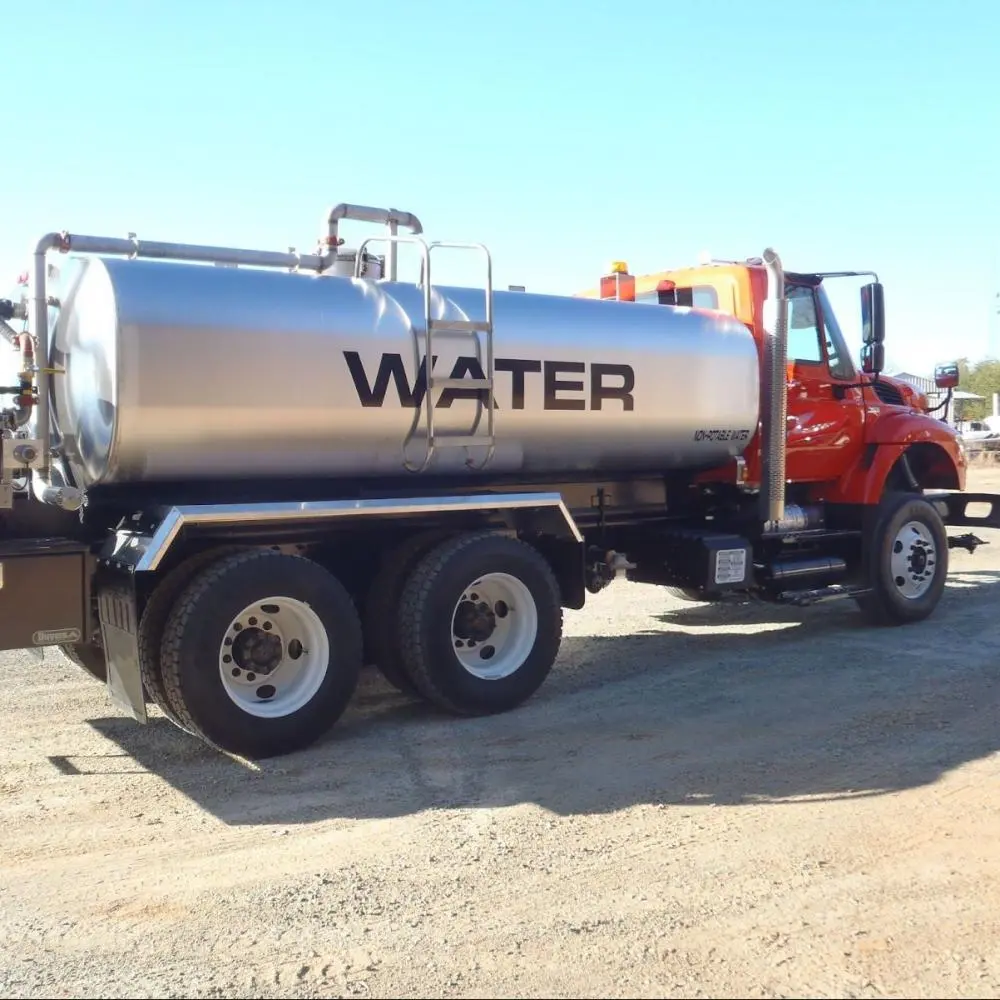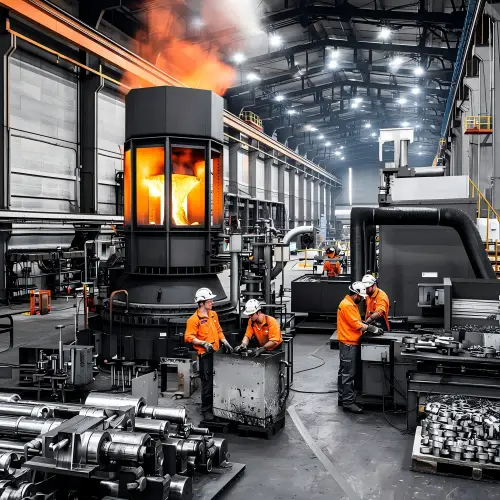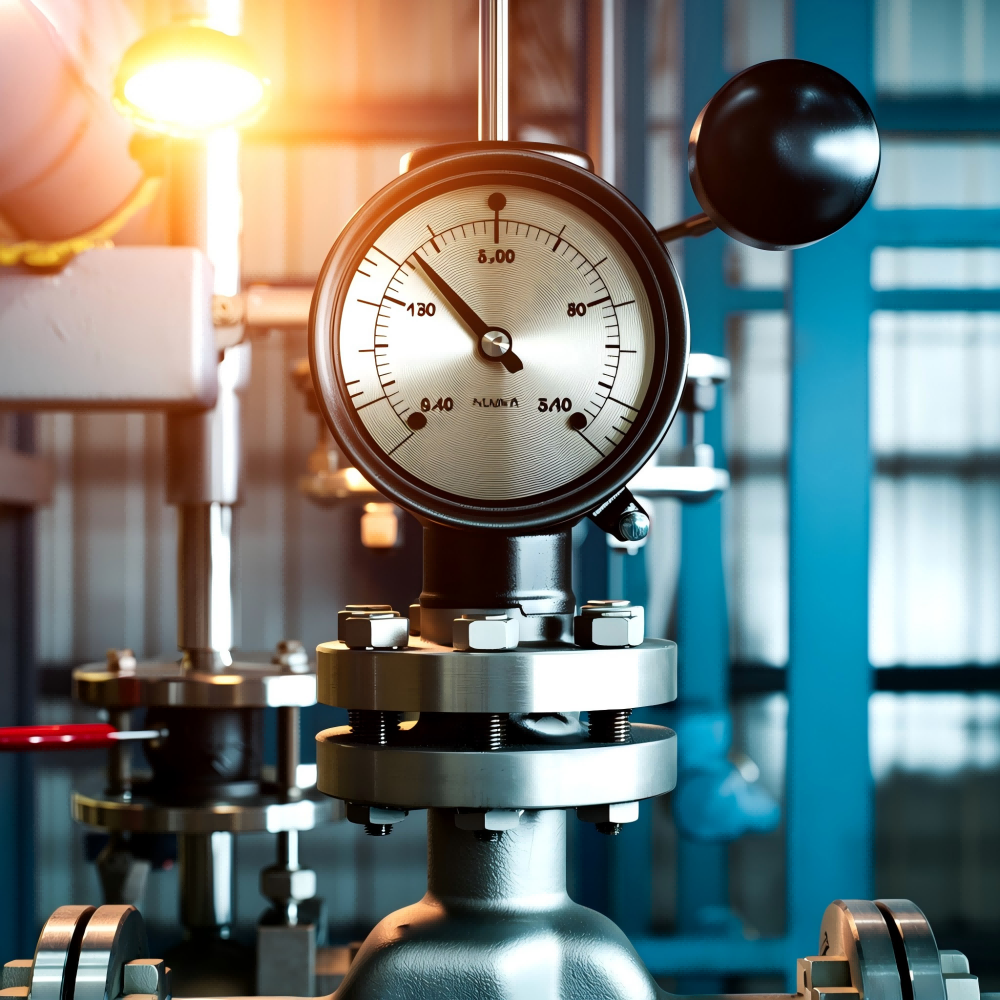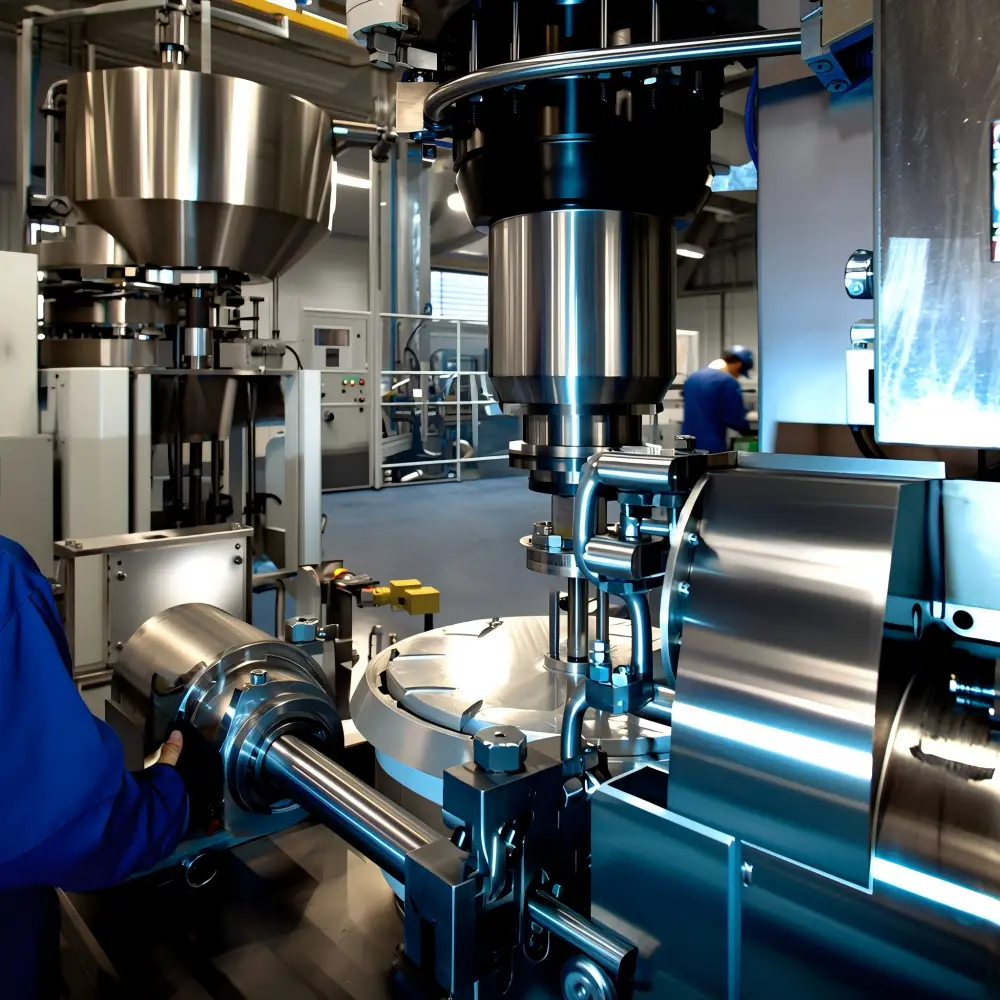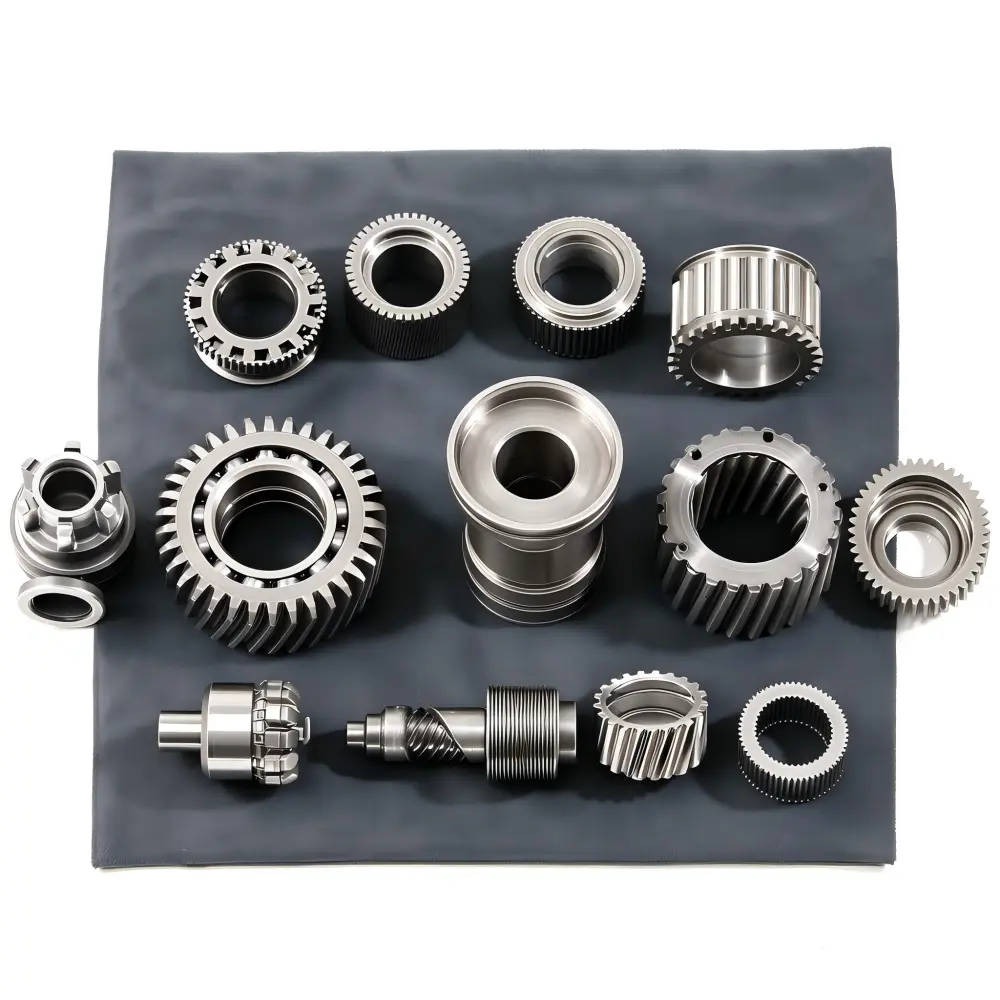What Are the Benefits of Precision Metal Casting?
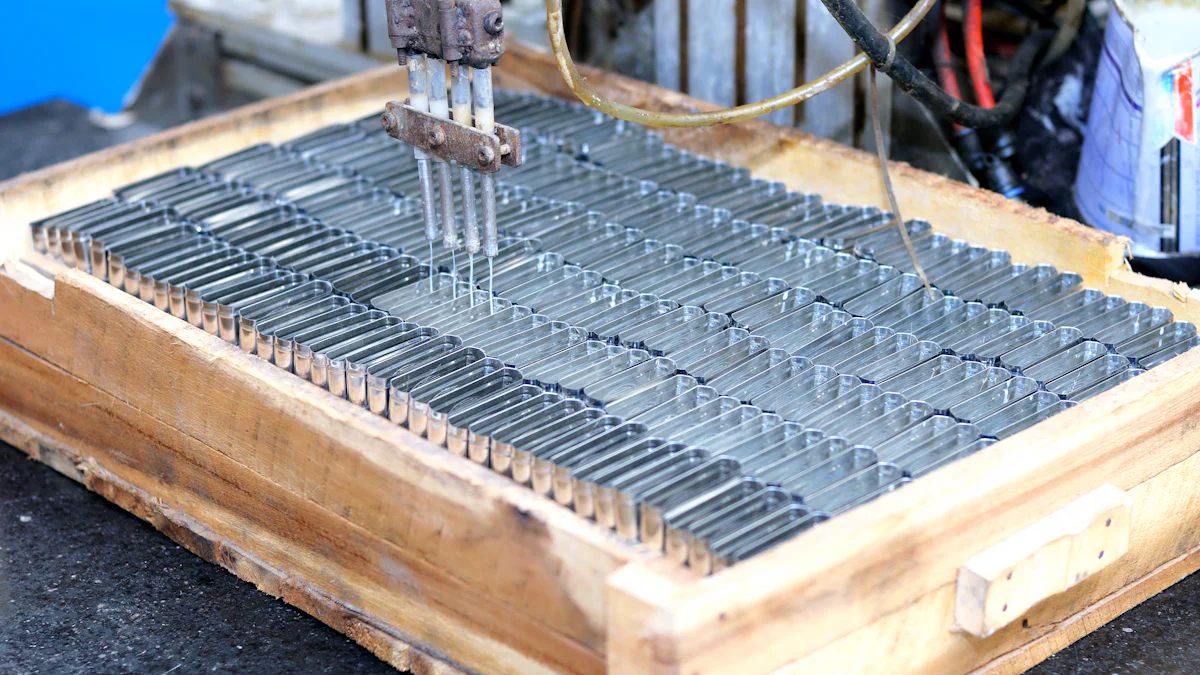
Precision Metal Casting takes center stage in the world of machinery and equipment. Why? It offers unmatched accuracy and detail when crafting metal parts. Imagine creating complicated metal components with high precision and consistency. That's whatprecision casting parts achieve. Unlike traditional methods, this process ensures each piece fits perfectly without the need for additional precision machining. The die casting process also benefits from this accuracy, making it a game-changer in manufacturing. So, if you're looking for cost-effective and versatile solutions, precision metal casting might just be the answer.
Key Takeaways
- Precision Metal Casting delivers unmatched accuracy, producing parts that fit perfectly without the need for additional machining.
- This method minimizes post-processing, saving time and reducing labor costs, making manufacturing more efficient.
- Consistency in quality is a hallmark of Precision Casting, ensuring each part meets high standards, crucial for large production runs.
- Precision casting can create complex geometries, allowing for intricate designs that traditional methods struggle to achieve.
- The process is cost-effective, reducing material waste and tooling costs while speeding up production timelines.
- Precision Metal Casting is versatile, accommodating a wide range of materials to meet specific strength and durability requirements.
- Industries such as aerospace, automotive, and medical devices benefit significantly from the precision and reliability of this casting method.
Comparison with Other Casting Methods
When it comes to casting methods, not all are created equal. Let's dive into how Precision Metal Casting stacks up against traditional casting methods.
Traditional Casting Methods
Traditional casting methods have been around for centuries. They include techniques like sand casting and die casting. These methods often require a lot of post-processing. Why? Because they don't always achieve the precision needed for complex parts. Imagine trying to fit a puzzle piece that just doesn't quite match. That's what can happen with traditional casting. The surface finish might be rough, and the dimensions might not be spot-on. This means more work is needed after the initial casting to get the part just right.
Advantages of Precision Metal Casting
Now, let's talk about the star of the show: Precision Metal Casting. This method shines in several ways:
-
High Precision and Intricacy: Precision casting creates parts with incredible detail and accuracy. You get components that fit perfectly without needing extra work. It's like getting a puzzle piece that slots in effortlessly.
-
Minimal Post-Processing: Unlike traditional methods, precision casting often requires little to no additional processing. This saves time and effort, making the manufacturing process smoother and more efficient.
-
Consistent Quality: Precision casting ensures each part is made to the same high standard. This consistency is crucial, especially when producing large quantities.
-
Complex Geometries: Need a part with a complicated design? Precision casting can handle it. This method allows for the creation of intricate shapes that might be impossible with other techniques.
Specific Benefits of Precision Metal Casting
Precision Metal Casting offers a range of benefits that make it a standout choice in manufacturing. Let's explore these advantages in detail.
Precision and Accuracy
Why is precision so important in metal casting? Well, imagine trying to build a complex machine. Every part needs to fit perfectly. Precision Metal Casting excels in this area. It produces parts with high accuracy and intricate details. This means each component looks exactly like the finished product you envision. The process achieves tight tolerances, often down to ±0.1mm. This level of precision ensures that parts fit together seamlessly, reducing the need for additional adjustments or machining.
Cost-Effectiveness
Who doesn't love saving money? Precision Metal Casting is known for its cost-effectiveness. How does it achieve this? First, it minimizes the need for post-processing. Traditional methods often require extra work to achieve the desired finish. Precision casting, on the other hand, delivers a precise surface finish right from the start. This reduces labor costs and speeds up production. Additionally, the tooling costs are generally lower compared to other metal forming processes. Manufacturers can produce thin wall castings with less material waste, further cutting down expenses.
Material Versatility
What about the materials? Precision Metal Casting offers remarkable versatility. Manufacturers can choose from a broad range of materials to suit their specific needs. Whether it's high-strength aluminum or another metal, this method accommodates various options. This flexibility allows for the creation of parts that meet specific strength, weight, and durability requirements. The ability to use different materials makes Precision Metal Casting suitable for diverse applications across industries.
Practical Applications in Various Industries
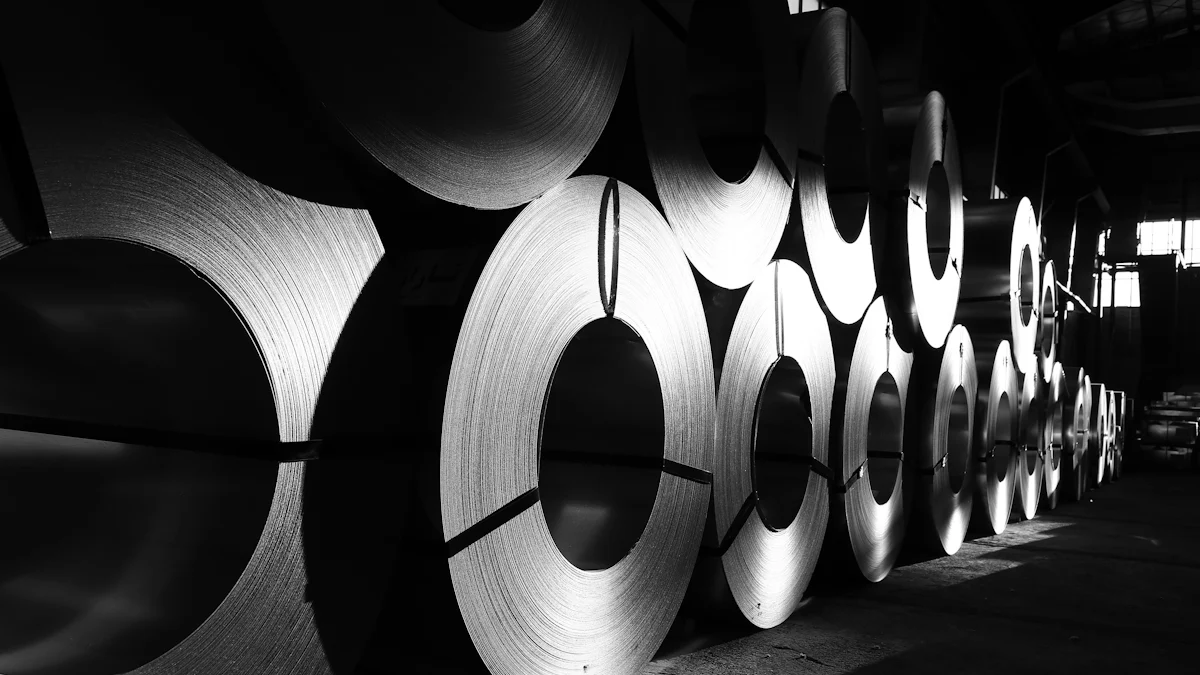
Precision Metal Casting isn't just a fancy term; it plays a crucial role in several industries. Let's explore how this method makes a difference in the aerospace, automotive, and medical device sectors.
Aerospace Industry
Ever wondered how airplanes and spacecraft achieve such high performance? Precision Metal Casting is a key player here. The aerospace industry demands parts that are not only lightweight but also incredibly strong. This casting method allows manufacturers to create complex components with tight tolerances. Imagine crafting intricate turbine blades or engine parts that must withstand extreme conditions. Precision Metal Casting makes it possible. It ensures each part meets the rigorous standards required for safety and efficiency in flight.
Automotive Industry
Cars and trucks rely on precision too. In the automotive industry, Precision Metal Casting helps produce parts that enhance vehicle performance and fuel efficiency. Think about the engine components, transmission parts, and suspension systems. These parts need to fit perfectly and function flawlessly. Precision casting provides the accuracy needed to achieve this. It also allows for the use of various materials, which means manufacturers can choose the best options for durability and weight reduction. This versatility leads to better-performing vehicles and happier drivers.
Medical Devices
In the world of healthcare, precision is paramount. Medical devices often require tiny, intricate parts that must work perfectly. Precision Metal Casting Steps up to the challenge. It enables the production of components used in surgical instruments, implants, and diagnostic equipment. Imagine a surgeon relying on a tool that needs to be precise to the millimeter. Precision casting ensures that these tools meet the exact specifications needed for successful medical procedures. This method's ability to produce complex shapes with high accuracy makes it invaluable in the medical field.
Precision Metal Casting has evolved from ancient times to become a cornerstone in modern industries. Its ability to produce detailed and accurate parts makes it indispensable in sectors where precision is non-negotiable. Whether it's flying high in the sky, cruising on the road, or saving lives in hospitals, this casting method proves its worth time and again.
Precision Metal Casting truly stands out in the manufacturing world. Why? It produces metal parts with incredible accuracy and detail. This method doesn't just save money; it also offers material versatility. Industries like aerospace, automotive, and medical devices love it for these reasons. As technology keeps advancing, who knows what new applications we'll see? The benefits of precision casting are only expected to grow. So, if you're in the market for high-quality metal parts, Precision Metal Casting might just be your best bet.
FAQ
What is precision metal casting?
Precision metal casting, often called investment casting, creates complex metal components with high precision and consistency. This process forms a shape that closely resembles the final product, ensuring each piece meets specific design requirements. It involves using metals with desirable features to achieve the desired specifications for tools or machinery.
What are the advantages of precision aluminum casting?
Precision aluminum casting offers several benefits. It provides a precise surface finish that looks just like the finished product. The process achieves high tolerance levels, reducing the need for additional machining. It also incurs lower tooling costs and allows for thin wall casting, resulting in fewer defective products.
What are some benefits of precision casting?
Precision casting boasts numerous advantages. It delivers high accuracy and precision, enabling the production of intricate geometries, internal cavities, and thin walls. This method accommodates a variety of metals, including steel, aluminum, brass, and copper, making it versatile for different applications.
What is the significance of precision metal casting in machinery and equipment?
In the machinery and equipment sector, precision metal casting plays a vital role. It creates high-performance gears, sturdy bearings, and reliable valves. This method ensures quality and innovation, contributing to the development of advanced machinery and equipment.
What are the typical tolerances for investment casts in precision casting?
Investment casts in precision casting typically achieve tolerances between +/-0.010’’ and +/-0.004”. These tight tolerances help produce near net shape and net shape components, minimizing the need for further adjustments and ensuring parts fit perfectly.
How does precision casting compare to traditional casting methods?
Precision casting stands out from traditional methods like sand casting and die casting. It requires minimal post-processing, saving time and effort. The process ensures consistent quality across large production runs and allows for the creation of complex shapes that traditional methods might struggle to achieve.
Can precision metal casting be used for small-scale production?
Yes, precision metal casting is suitable for both small-scale and large-scale production. Its ability to produce detailed and accurate parts makes it ideal for custom projects and prototypes, as well as mass production runs.
What industries benefit most from precision metal casting?
Industries such as aerospace, automotive, and medical devices benefit significantly from precision metal casting. This method provides the accuracy and material versatility needed to meet the stringent requirements of these sectors, ensuring high-quality and reliable components.
Is precision metal casting environmentally friendly?
Precision metal casting can be environmentally friendly. The process often results in less material waste compared to other methods. Additionally, the ability to use a wide range of materials allows manufacturers to choose more sustainable options, contributing to eco-friendly production practices.
How does precision casting contribute to cost savings?
Precision casting contributes to cost savings by reducing the need for additional machining and post-processing. The process achieves a precise surface finish from the start, lowering labor costs and speeding up production. Additionally, the lower tooling costs and reduced material waste further enhance its cost-effectiveness.






